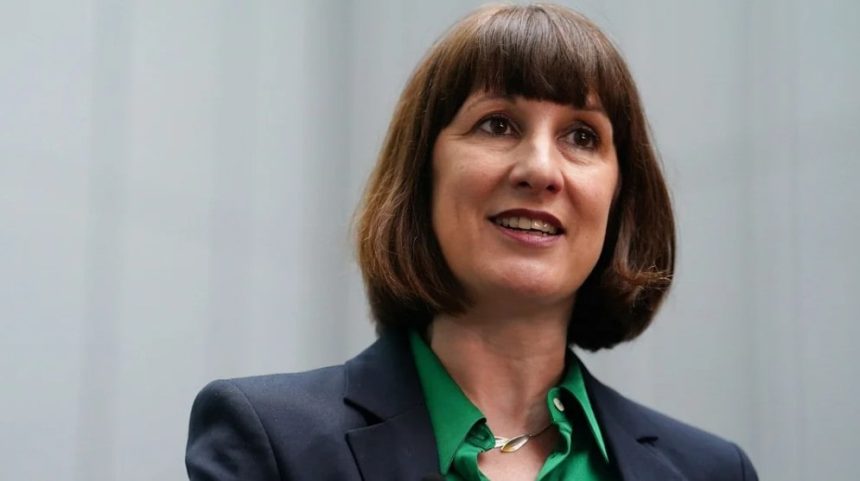Rachel Reeves Property Tax Reform: Is Council Tax Facing Its Biggest Shake-Up in Decades?
Britain’s finances are on shaky ground. The Treasury is staring at a £40bn gap. Now, all eyes are on the chancellor, Rachel Reeves, and her next big move.
Reports suggest Reeves is weighing up a radical overhaul of the system that has haunted households for more than three decades, the council tax.
The proposals, according to senior figures in Westminster, include a new “proportional” property tax that could replace both stamp duty and the outdated council tax bands.
Rachel Reeves is plotting a new tax raid on all homes worth more than £500,000 – AND a new ‘local property tax’.
Those illegal migrants don’t come cheap! pic.twitter.com/25DnQyefhb
— Peter Lloyd (@Suffragent_) August 19, 2025
This isn’t just a minor tweak. If carried through, it could mean the most significant transformation of property taxation since the early 1990s.
Council tax was introduced in 1991, based on property values from that era. It replaced the despised poll tax. But unlike property prices, which have soared and shifted unevenly across the country, the tax bands have remained frozen in time.
Almost every political party has admitted it’s unfair. Yet the issue lingers. Why? Because reform is a political minefield. Councils, already stretched to breaking point, depend on this revenue. Any shake-up risks sparking anger among voters in wealthier areas who could face higher bills.
“Balancing the books” has become the mantra for this Labour government. Reeves has been blunt about the challenges. With services under pressure and the public finances stretched, she faces the unenviable task of fixing a system most agree is broken, but few dare to touch.
Changes to stamp duty will grab headlines. But experts say council tax reform could be far more explosive. A proportional property tax would mean households contributing in line with the true value of their homes, not the relic of a 1991 valuation.
The stakes are enormous. Any adjustment risks alienating traditional Labour strongholds in the North and Midlands, where property values remain lower, while sparking fury in the South, where homes are worth far more.
The ripple effect could reshape local government funding and, ultimately, household budgets.
As Richard Partington, the Guardian’s senior economics correspondent, put it: “To better understand how England’s council tax system exacerbates inequalities and why it has proven so difficult to change, I spoke with…”
The debate over Rachel Reeves property tax plan is only just beginning. For now, the question is whether this chancellor dares to go where others have backed away, rewriting the rules of one of Britain’s most contentious taxes.






